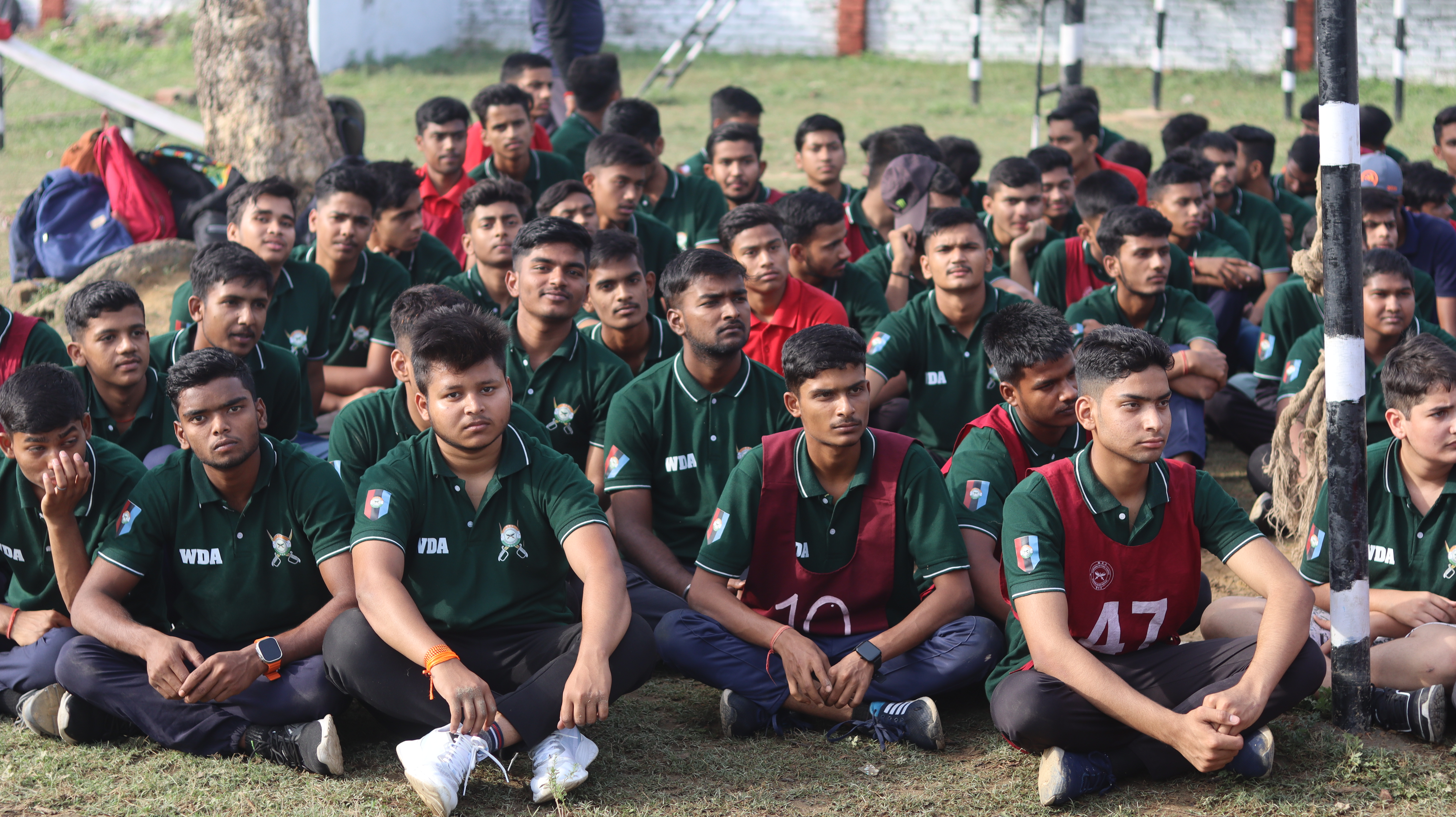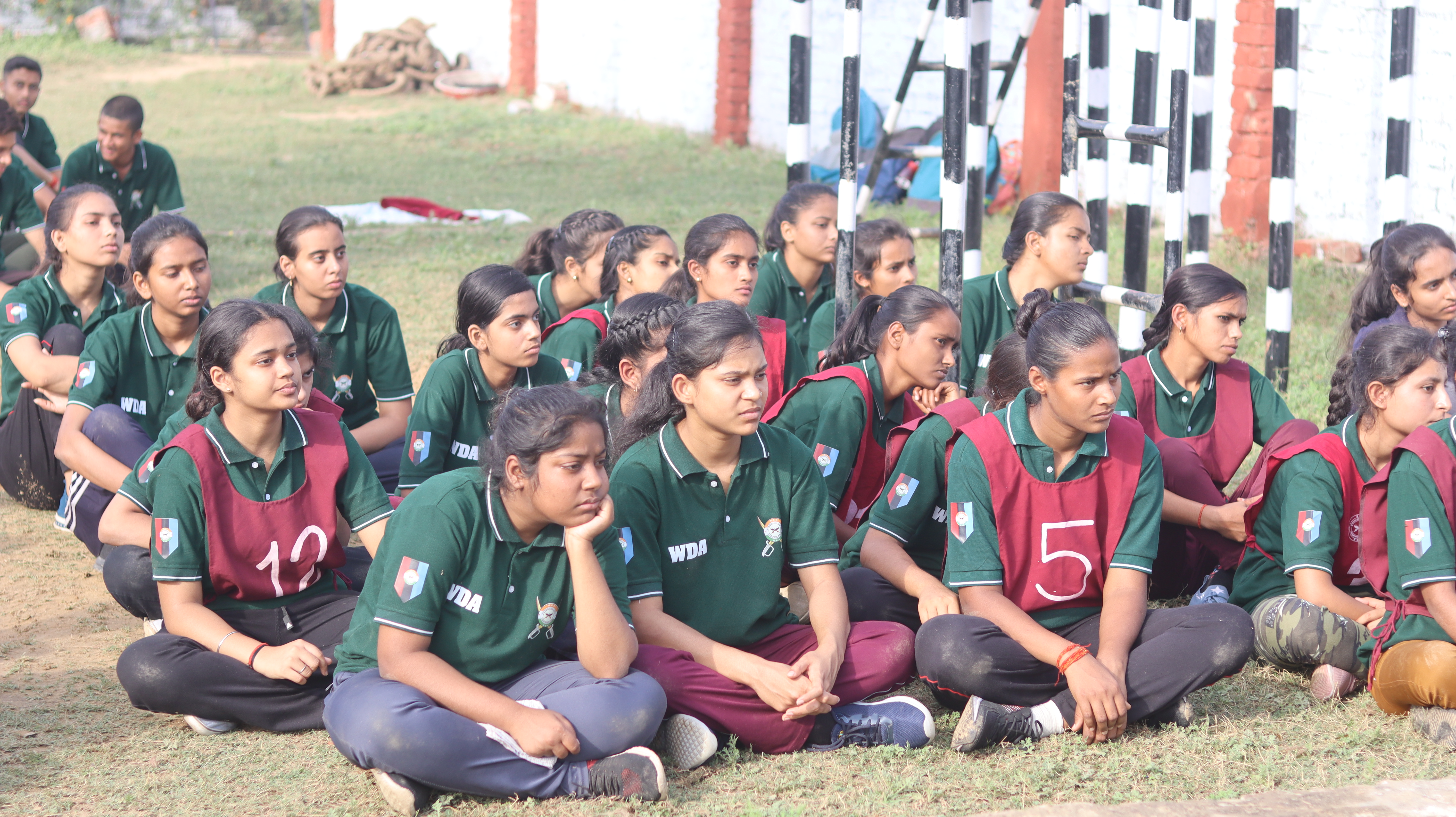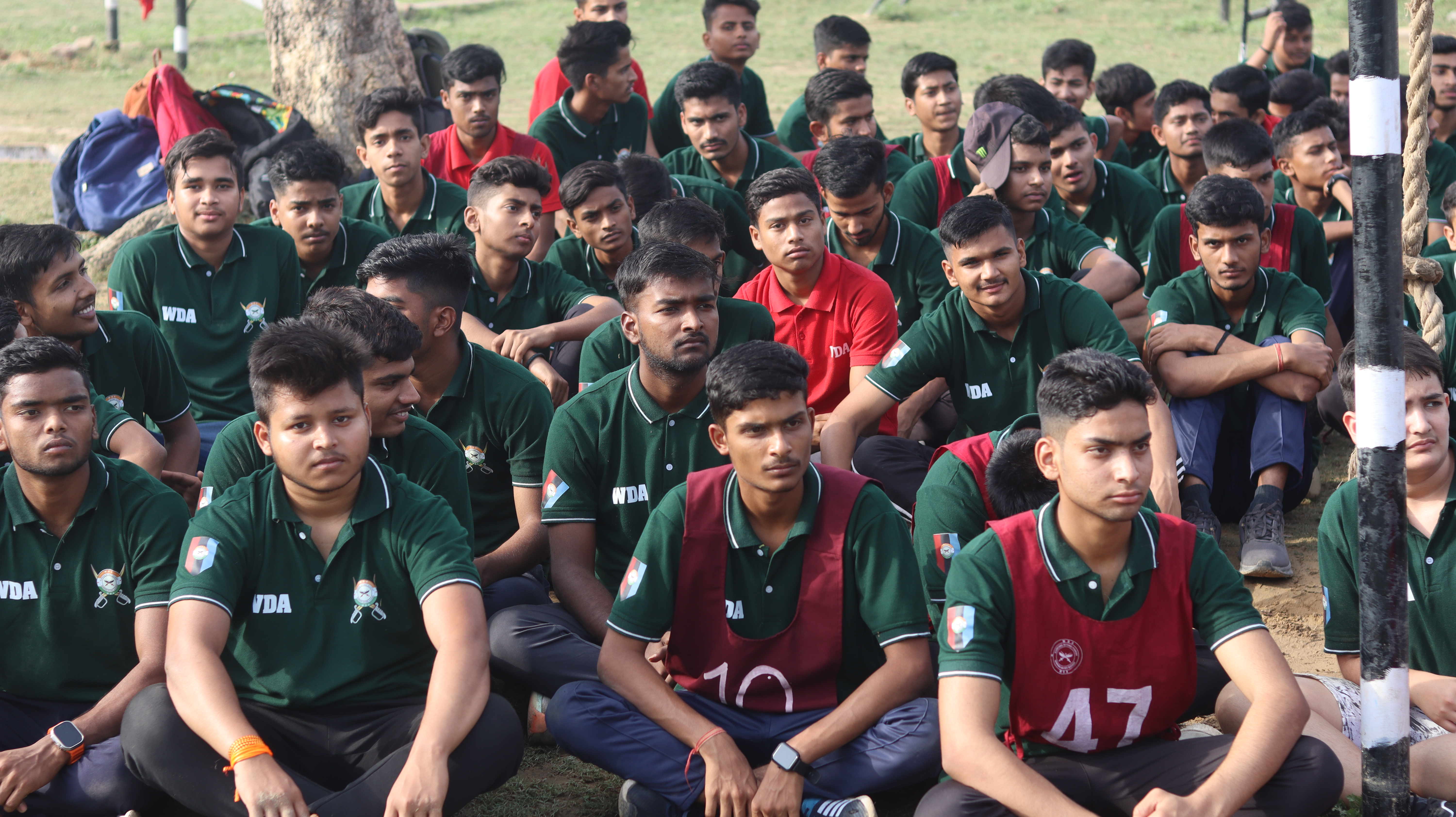The laws for surveillance in India: Best NDA Coaching in Lucknow
The laws for surveillance in India: Best NDA Coaching in Lucknow Warriors NDA Academy a Unit of Warriors Defence Academy is the Best NDA Coaching in Lucknow. We are the Leading Coaching Institute for NDA/CDS/AFCAT/Army/Air Force/Navy Located in Lucknow. Warriors Defence Academy has the Largest GTO Ground in India. The Aspirants of Defence Services are guided by Ex. Defence Officers. WDA was also Awarded as Best NDA Academy in Lucknow.
Warriors Defence Academy | Best NDA Coaching in Lucknow | Best Airforce Coaching in Lucknow | Best Defence Coaching in Lucknow India.
Address: 545-GA/1-CHHA, beside Madhuwan Guest house Chandganj Near Railway Crossing, Kapoorthla, Lucknow, Uttar Pradesh 226006
Phone: 07081011964
Website: https://warriorsdefenceacademy.com/
The laws for surveillance in India, and the concerns over privacy

IN RESPONSE to the finding by a global collaborative investigative project that Israeli spyware Pegasus was used to target at least 300 individuals in India, the government has claimed that all interception in India takes place lawfully. So, what are the laws covering surveillance in India?
Communication surveillance in India takes place primarily under two laws-the Telegraph Act, 1885 and the Information Technology Act, 2000. While the Telegraph Act deals with interception of calls, the IT Act was enacted to deal with surveillance of all electronic communication, following the Supreme Court’s intervention in 1996. A comprehensive data protection law to address the gaps in existing frameworks for surveillance is yet to enact.
Telegraph Act, 1885
Section 5(2) of the Telegraph Act reads: “On the occurrence of any public emergency, or in the interest of the public safety, the Central Government or a State Government or any officer specially authorized in this behalf by the Central Government or a State Government may, if satisfied that it is necessary or expedient so to do in the interests of the sovereignty and integrity of India, the security of the State, friendly relations with foreign states or public order or for preventing incitement to the commission of an offence, for reasons to be recorded in writing, by order, direct that any message or class of messages to or from any person or class of persons, or relating to any particular subject, brought for transmission by or transmitted or received by any telegraph, shall not be transmitted, or shall be intercepted or detained, or shall be disclosed to the Government making the order or an officer thereof mentioned in the order…”
Under this law, the government can intercept calls only in certain situations the interests of the sovereignty and integrity of India, the security of the state, friendly relations with foreign states or public order, or for preventing incitement to the commission of an offence. These are the same restrictions imposed on free speech under Article 19(2) of the Constitution.
Significantly, even these restrictions can be imposed only when there is a condition precedent – the occurrence of any public emergency, or in the interest of public safety. Additionally, a proviso in Section 5(2) states that even this lawful interception can- not take place against journalists. “Provided that press messages intended to be published in India of correspondents accredited to the Central Government or a State Government shall not be intercepted or detained, unless their transmission has been prohibited under this subsection.”
Supreme Court intervention
In Public Union for Civil Liberties v Union of India (1996), the Supreme Court pointed out the lack of procedural safeguards in the provisions of the Telegraph Act and laid down certain guidelines for interceptions. Public interest litigation was filed in the wake of the report on “Tapping of politicians phones” by the CBI.
The court noted that authorities engaging in interception were not even maintaining adequate records and logs on an interception. Among the guidelines issued by the court were settings up a review committee that can look into authorizations made under Section 5(2) of the Telegraph Act.
“Tapping is a serious invasion of an individual’s privacy. With the growth of highly sophisticated communication technology, the right to a sold telephone conversation, in the privacy of one’s home or office without interference, is increasingly susceptible to abuse. It is no doubt correct that every Government, howsoever democratic, exercises some degree of Subrosa operation as a part of its intelligence outfit but at the same time citizen’s right to privacy has to be protected from being abused by the authorities of the day,” the court said.
The Supreme Court’s guidelines formed the basis of introducing Rule 419A in the Telegraph Rules in 2007 and later in the rules prescribed under the IT Act in 2009.
Rule 419A states that a Secretary to the Government of India in the Ministry of Home Affairs can pass orders of interception in the case of the Centre, and a secretary-level officer who is in charge of the Home Department can issue such directives in the case of a state government. In unavoidable circumstances, Rule 419A adds, such orders may be made by an officer, not below the rank of a Joint Secretary to the Government of India, who has been duly authorized by the Union Home Secretary or the state Home Secretary.











IT Act, 2000
Section 69 of the Information Technology Act and the Information Technology (Procedure for Safeguards for Interception, Monitoring and Decryption of Information) Rules, 2009 were enacted to further the legal framework for electronic surveillance. Under the IT Act, all electronic transmission of data can be intercepted. So, for Pegasus-like spyware to be used lawfully, the government would have to invoke both the IT Act and the Telegraph Act.
Apart from the restrictions provided in Section 5(2) of the Telegraph Act and Article 19(2) of the Constitution, Section 69 of the IT Act adds another aspect that makes it broader-interception, monitoring and decryption of digital information “for the investigation of an offence”.
Significantly, it dispenses with the condition precedent set under the Telegraph Act that requires “the occurrence of public emergency of the interest of public safety” which widens the ambit of powers under the law.
Identifying the gaps
In 2012, the Planning Commission and the Group of Experts on Privacy Issues. headed by former Delhi High Court Chief Justice AP Shah were tasked with identifying the gaps in laws affecting privacy.
On surveillance, the committee pointed out divergence in laws on permitted, grounds, “type of interception”, “granularity of information that can be intercepted”, the degree of assistance from service. providers, and the “destruction and retention” of intercepted material, according to a report by the Centre for Internet & Society.
Although the grounds of selecting a person for surveillance and the extent of information gathering has to be recorded in writing, the wide reach of these laws has not been tested in court against the cornerstone of fundamental rights.
